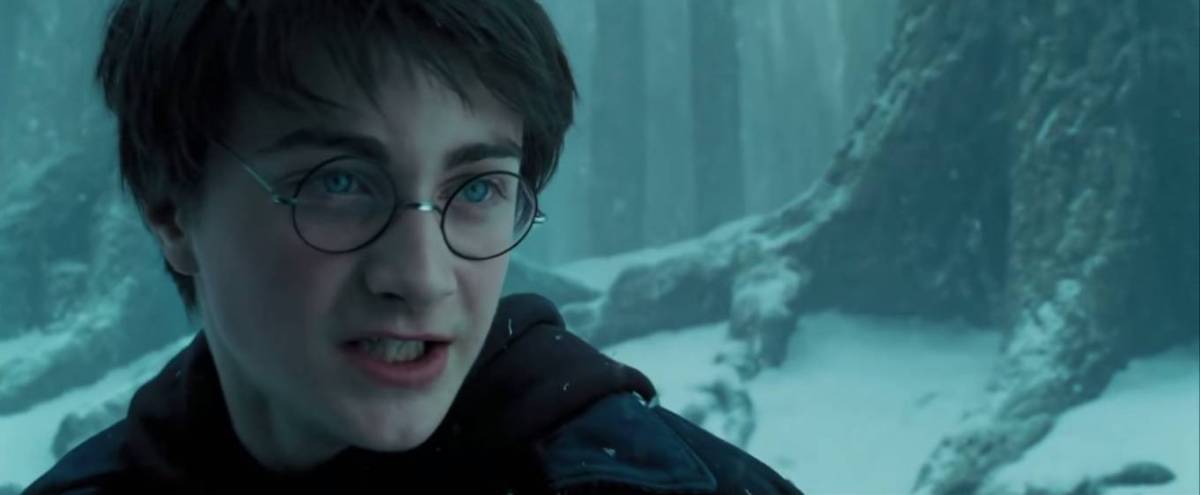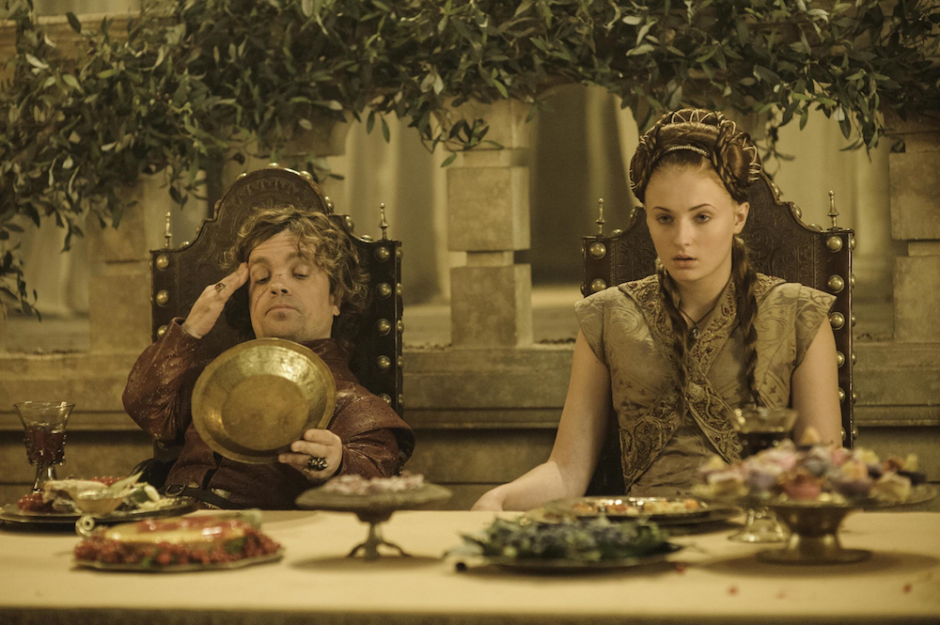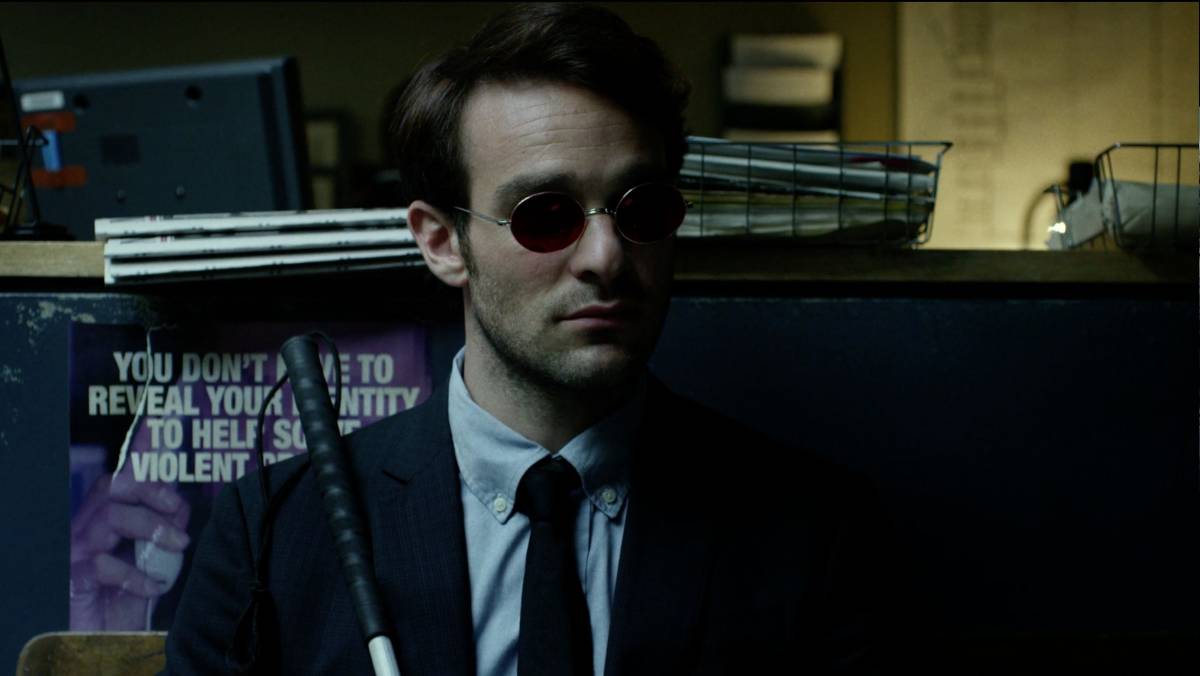For almost as long as film has been used as a medium to bring fiction to the masses, literary adaptation has been part of that industry. From early efforts like Georges Méliès’ 1899 Cinderella to modern day young adult fare like
The Hunger Games, adaptation has been a central pillar of cinema from its inception. Exactly how long people have been scrutinising adaptations for their fidelity to their original work is harder to pin down. With modern internet fandoms though, it’s unlikely to ever have been as noisy as it is now.
A recent commenter on one of my articles, who made a number of well-informed points, caught my eye with an interesting observation. They said, to paraphrase, that TV showrunners can sometimes become too inventive when adapting literature. It’s an interesting point, and anyone who’s seen one of their favourite books adapted for the screen will likely be familiar with distracting changes and missing plot points.
Of course, no adaptation can ever be a scene for scene visualisation of a written work. In 1924, Austrian-American filmmaker Erich Von Stroheim made a valiant effort with an adaptation called Greed. The resulting movie’s original edit clocked in at over eight hours long. These days no one expects this kind of faithfulness to a book. It’s impractical and expensive.

If we’re not demanding scene for scene reconstructions though, where do we draw the line? Is it even right to be asking whether book adaptations should be faithful? Should the real question be about the degree of fidelity? Is it more important to get the characters right, or the story?
The answer, unfortunately, is that if it doesn’t work on screen, none of these questions matter. As long as we think about an adaptation as rigidly beholden to a book, we miss the point that as a piece of work it must be able to stand on its own within its own medium. What makes a good book does not always make a good film, or an interesting TV show.
For instance, yours truly is a Potter fan. This includes reading all the books as a child and seeing every single
Harry Potter film at the cinema, plus playing a fair few of the video games (even the bad ones). Let’s just say J. K. Rowling’s writing was a game changer for me as a child, which is why the following is hard to admit: the movie that is most faithful to the book, Harry Potter and the Philosopher’s Stone, is also the weakest of the lot.
Conversely, the two I remember most fondly are the pair brave enough to try their own thing from time to time. Sometimes, though not always, this is what adaptations need to do to deliver compelling stuff in their new medium. Perhaps I’m betraying my demographic here, but the epic fight between Brienne and The Hound at the close of
Game of Thrones’ fourth season was entirely a fabrication of the show’s writers. A fabrication that was probably more interesting than what they had wound up doing in the books.
Forrest Gump, The Shining and CW’s The 100 are all adaptations that are arguably better for deviating or picking selectively from their source material. This is not in any way a criticism of the original works, but sometimes translating from page to screen is like trying to get a sea animal to survive on land: it has to change the way some of its essential organs work.
Transforming those essential organs into something that works in its new environment, yet maintains the spirit of its original form, is the blueprint for a successful adaptation. In the words of the great Roger Ebert, “Not everything in a book will work in a movie… it’s the director’s duty to keep what he can use and throw away or change the rest.”
The truth is that creating a film or television programme is a unique craft. While we can hope as fans that an adaptation remains true to our own experience of a novel there are a million tiny decisions that must be made in film and television production that an author does not have to deal with. What works in one medium might not work in another, and that’s to say nothing of the actual quality of the original text.
There are, of course, limitations and structures in literature: chapters, scenes, paragraphs and sentences to name only the obvious. In television and film however, entirely different structures and limitations exist. Film makers know that there are certain beats and rhythms they must follow to create a psychologically satisfying and compelling movie. Even if their intention is to subvert these things, they must at least be aware of them.
Meanwhile, the nature of TV is that it is episodic. Like it or not, there are ways to arrange an episode of television that distinctly separates it from assembling a book chapter or even a comic book. Often it has to set up a story and resolve it within forty minutes. Or, at least, present an idea and have it affect the characters meaningfully before the credits roll. Even if it’s a serialised show, like Daredevil, an episode needs to tie together in some way.
In other words, adapting a work from one medium to another is hard for even the most gifted creator. It requires compromise and sacrifice. The commenter who inspired this article made particular note of Outlander, the Starz series adapted by Battlestar Galactica showrunner Ronald D. Moore from Diana Gabaldon’s series of novels.
As someone who’s never read Gabaldon’s books, I can’t say whether the commenter’s criticisms were valid or not. I’m certainly not in a position to argue they’re not. What I can say is that novelists and showrunners aren’t in a position to do each other’s jobs and we shouldn’t expect them to.
Some of the coverage you find on Cultured Vultures contains affiliate links, which provide us with small commissions based on purchases made from visiting our site.



